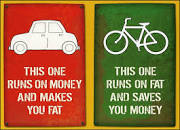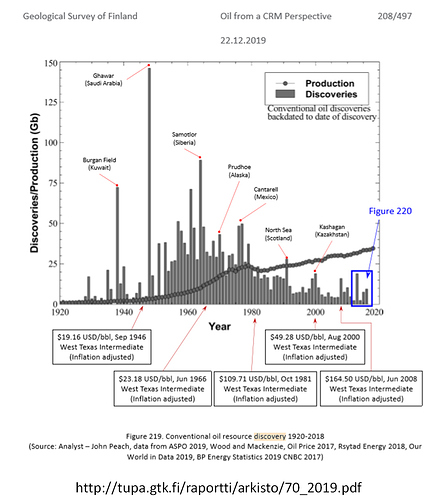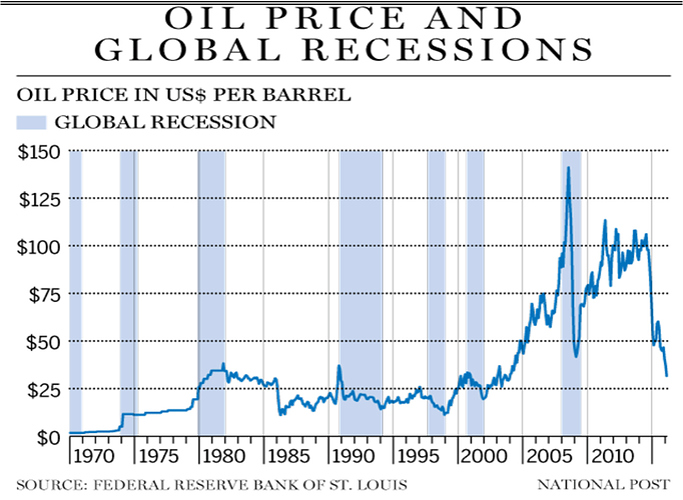As an evil oil man who spent 46 or so years in the search of oil, the biggest conflict I have is that if we can only engage in globalization because we have an abundance of oil to move the ships which ship solar cells from China to the rest of the world, along with our ipads, medicines, face masks etc. Windmill turbine blades are made from carbon black, which is manufactured from , you guessed it, fossil fuel. As a physicist, when I run the numbers on current technologies of wind and solar I can’t see how we could ever replace fossil fuel without killing millions of people, maybe killing billions.
It is hard to see how to run tractors on a 20 sq mile corn farm off of electricity. Tractors are necessary to plant 30,000 corn plants per acre and 1.5 million wheat plants per acre. Without fossil fuel, I fear that the per acre yields of corn of 160 bushels per acre would drop to pre-industrial levels of 25 bushels per acre. Secondly, corn and wheat require lots of fertilizer which is made of fossil fuel, not of solar electricity.
One needs loads of energy for irrigation. From an old article of mine on The Oil Drum:
Many areas of the world are involved with irrigation to support the agricultural efforts. My former sister-in-law lives on a farm in western Nebraska. They tap the Ogallala reservoir to water their land. Over the many years, the water level has dropped forcing wells to go deeper. This has happened throughout the world as the farmers try to get water to grow their crops. Vacuum pumps (the ones with the handle) can only bring water up from less than 32 feet deep. If you go deeper, you need either a bucket system or electricity. And therein lies the rub. As energy supplies grow scarce, electricity will begin to become less and less reliable. Consider these guys from India. Notice the depth of their water wells.
"Since the 1990s, India has been a major net exporter of rice, shipping nearly 4.5 million tons last year.
“But annual yield increases began to slow over the past decade. Farmers cranked up fertilizer and
water use, draining the water table. Many began planting two crops a year, taxing the soil. Punjabi *
area officials discouraged farmers from planting two crops and in some places outlawed it, but many
farmers ignored them.” **
I’m doing mischief against the government,’ concedes Kanwar Singh, a second rice crop*
recently on a stretch of flooded land near the northern India city of Karnal. He says he now*
has to pump water from 300 feet below the surface, compared with 70 feet 10 years ago.“*
‘In a year or two, maybe it will be finished,’ he says.” (Barta, 2007, p. A10)
Our food supply is merely a way to turn fossil fuel into food. Fossil fuel to run the tractors, fossil fuel to fertilize the crop; fossil fuel to pump the water for irrigation. Fossil fuel to haul the crop to the cities.
Can we do all this with lithium batteries? My guess is no. we would need to nearly triple our electricity grid. And even if we do go to electrical trucks, something has to generate the electricity. Today around 62% of electricity is generated by fossil fuel and it is far more efficient to use the fossil fuel directly in the vehicles than convert it to electricity and then charge the batteries. One gets a higher level of energy out of direct use than indirect use.
We should be careful what we wish for. Killing off fossil fuel will starve most of us to death. I don’t want that because I have grandkids. If it were only I, well, I have a ticket out of here soon so for me, it wouldn’t matter much. For them, it is everything.
edited to add: When I owned my ranch of 100 acres I tried to go off the grid, but both wind and solar were required to be shut down if the electrical grid went down, so when you really needed that electricity, you couldn’t have it. this was to prevent electrocution of the electrical line workers. Secondly, at the time, Solar cells had a pay out time of 50 years but a physical life span of 30. Wind might have worked, but again, if I sold power back to the grid, then when I needed that electricity, I couldn’t have it.



